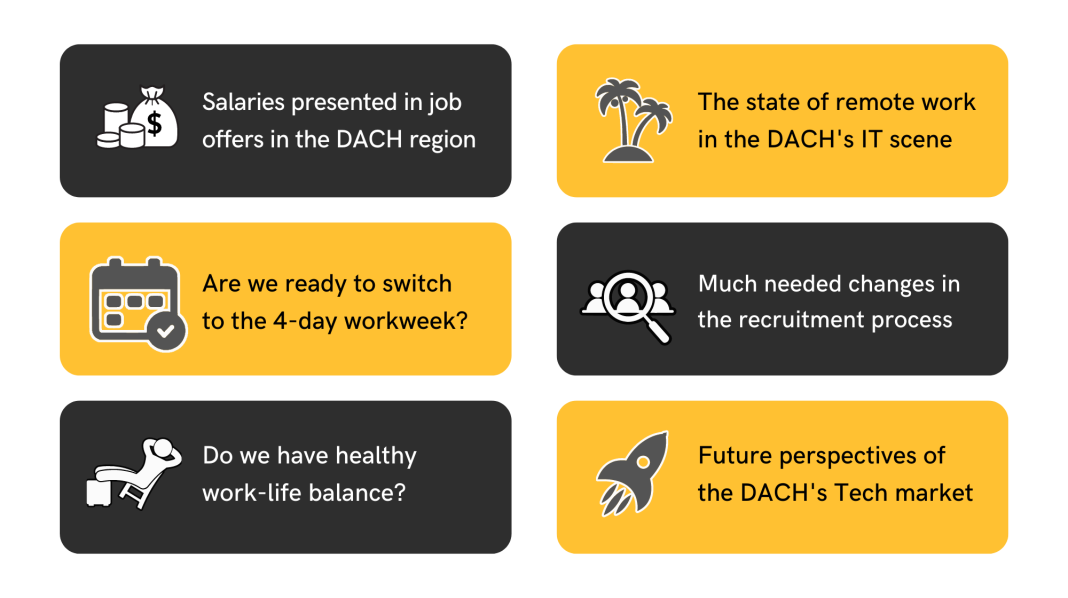 Shifting Travel Demand and Increased Competition Challenge Spirit Airlines
Shifting Travel Demand and Increased Competition Challenge Spirit Airlines
Spirit Airlines, a budget airline, has been facing significant challenges in recent times. The company has had to navigate through shifting travel demand, increased competition, and a Pratt & Whitney engine recall that resulted in the grounding of numerous Airbus planes. These factors, combined with a failed takeover attempt by JetBlue Airways, have raised concerns about Spirit’s ability to address its debt and stay afloat.
Failed Takeover Attempt Raises Concerns
Earlier this year, a federal judge blocked JetBlue’s planned takeover of Spirit on antitrust grounds. This decision has had repercussions for Spirit, as it has raised doubts about the airline’s financial stability and ability to pay off its debts. Wall Street analysts have been closely monitoring the situation, and there have been concerns about a potential Chapter 11 bankruptcy filing.
Encouragement from Spirit Airlines CEO
However, Spirit Airlines CEO Ted Christie remains optimistic about the airline’s future. Speaking at an annual shareholder meeting, Christie stated that the company is not considering a Chapter 11 bankruptcy filing at this time. He expressed confidence in Spirit’s standalone plan, which it has been executing since the failed merger with JetBlue. Christie’s positive outlook is encouraging for both shareholders and customers alike.
S&P Global Ratings Downgrade
Despite Christie’s assurances, S&P Global Ratings recently downgraded Spirit Airlines’ credit rating. The downgrade raises questions about the airline’s ability to refinance its debt. S&P highlighted two significant financial obligations that Spirit will face in the coming years: a $1.1 billion loyalty bond due in September 2025 and a $500 million convertible note due in 2026. Given the company’s constrained cash flow generation and operating performance, S&P believes that Spirit may need to engage in a distressed exchange to address these upcoming maturities.
Changes in Business Model
In response to its financial challenges, Spirit Airlines has implemented several cost-saving measures to preserve cash. The company has deferred some Airbus deliveries and engaged in sale-leaseback deals. Additionally, Spirit has made changes to its business model to attract customers. It has eliminated most flight-change fees and started bundling perks with its fares, which were previously sold separately. This approach aims to provide customers with a more comprehensive and affordable travel experience.
Softened Policies to Enhance Customer Experience
Spirit Airlines has also introduced policy changes to improve the customer experience. It has extended the life of flight credits from 90 days to a year, allowing customers more time to use their credits. Furthermore, the airline has increased the maximum weight limit for checked bags from 40 pounds to 50 pounds, giving passengers more flexibility.
Conclusion
While Spirit Airlines continues to face significant challenges, CEO Ted Christie’s reassurances and the company’s efforts to address its financial obligations are positive signs. However, the airline must carefully navigate through the current competitive landscape and take proactive steps to strengthen its financial position. By making strategic decisions and adapting its business model to meet customer needs, Spirit Airlines can position itself for long-term success in the aviation industry.


